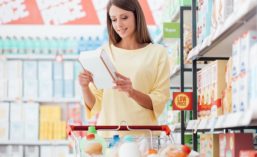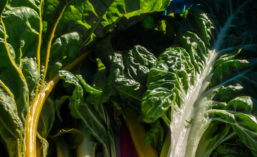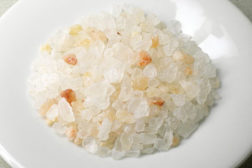2019 Predictions: Sustainability
Foodscape Group Predicts Upcycling as a Way of Doing Business
Upcycling presents an opportunity for brands to leverage sustainability in a way that creates brand loyalty, reduces environmental impact, and improves transparency
Read More


